A series of positive reviews
On the morning of October 8, FTSE Russell announced the upgrading of Vietnam's stock market to the secondary emerging market group, effective from September 21, 2026 after a mid-term review in March 2026.
This is considered a historic milestone for Vietnam's stock market and Vietnam will benefit in the coming decades thanks to strong capital market reforms.
In the trading session on October 8, caution with the mid-term assessment information in March 2026 caused many industry groups to suddenly weaken. VN-Index fell below the reference level after a rather enthusiastic opening. The return of net buying by foreign investors, with nearly 234 billion VND, helped VN-Index increase by 12.53 points to 1,697.83 points.
Liquidity reached more than 33 trillion VND, improved compared to many previous sessions.
In contrast to retail investors, most experts from securities companies and financial institutions have positive assessments.
Mr. Gary Harron, Head of Securities Services - HSBC Vietnam, assessed that after much waiting, the day of Vietnam's stock market being upgraded has finally come. Although it comes with conditions, this is still a sign of Vietnam's rising international position, at the same time opening up opportunities to benefit long-term from strong capital market reforms.
According to Mr. Gary Harron, Vietnam has risen against all skepticism, once again affirming its superior position in the group of frontier and emerging markets, with a GDP growth rate of 8.23% in the third quarter - the highest since 2011, except for 2022 with 14.38% when Vietnam begins to recover from the Covid pandemic.

HSBC experts said that the upgrade will take effect from September 2026 after the mid-term review in March 2026. The review aims to assess Vietnam's progress in facilitating global securities brokerage firms to participate in the market, a key factor to support index replication activities.
Mr. Hoang Viet Phuong, Director of VNDirect Research and Investment Consulting, commented that FTSE's announcement to upgrade Vietnam's stock market is a historic milestone after 7 years on the waiting list.
This reflects Vietnam’s strong commitment to promoting comprehensive reforms to enhance transparency and bring it into line with international standards, thereby creating a more favorable and accessible investment environment for global capital flows.
A qualitative step forward
Gary Harron assessed that with the upgrade, although conditional, Vietnam is only two places away from the leading group of “developed markets”. This result is also a recognition of the joint efforts of the government , management agencies and market members. Notably, the relevant agencies have announced plans to achieve the MSCI Emerging Market classification by 2030, expecting to open up larger investment flows.
According to him, the upgrade of the stock market is not just a formality. It affects everything from the way analysts and the media view a market to the asset allocation decisions of investors globally.
In particular, for Vietnam, removing the frontier market label means recognition and assurance. Changing the classification can have a major impact on investor behavior and confidence, altering the market’s long-term economic development trajectory and reducing dependence on any one trading partner.
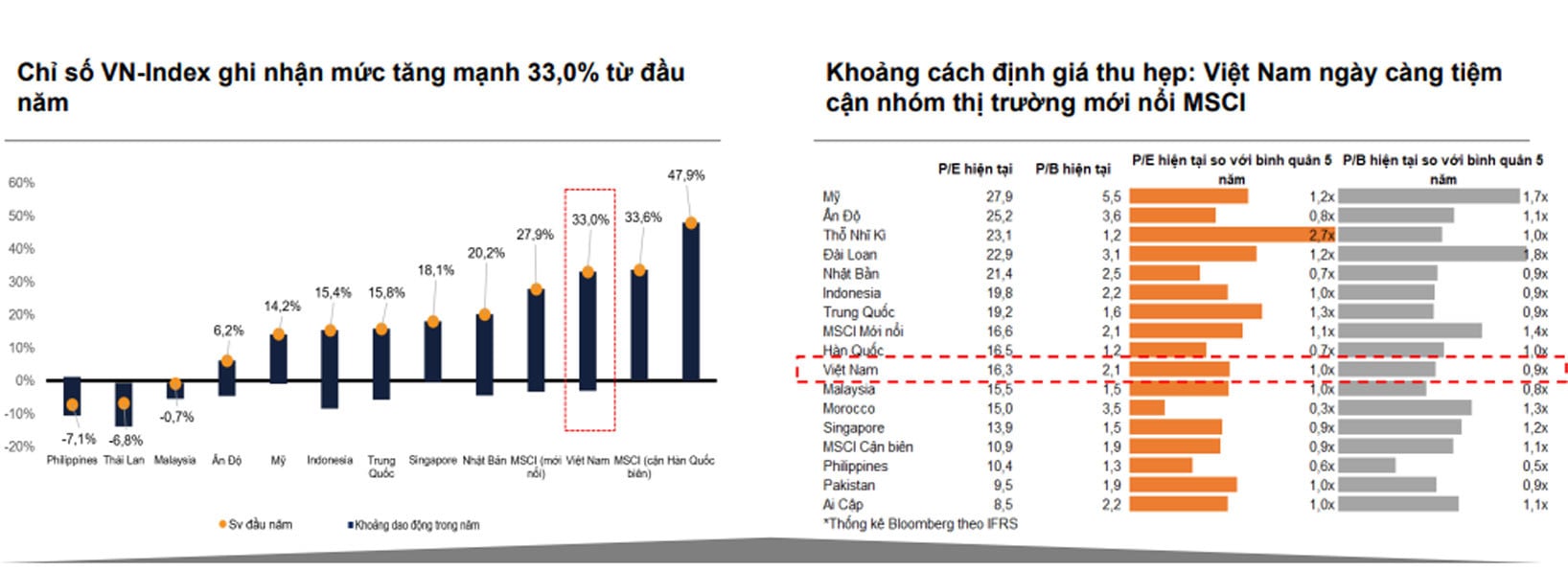
Vietnam’s capital market has made progress in many aspects, both in quantity and quality. Market capitalization and the number of trading accounts have increased more than sevenfold over the past decade (currently reaching nearly 11 million accounts).
This year alone, the VN-Index has increased by a third, surpassing its Covid peak when optimism about Vietnam's role in the global supply chain was at its highest.
HSBC experts believe that the stock market's upgrade this time will further promote the reform momentum. Vietnam's stock market has come a long way and can go further. The participation of long-term institutional investors, such as pension funds, which play a large role in more developed markets, can improve stability and increase companies' access to capital.
HSBC Global Investment Research forecasts potential foreign capital flows could reach $3.4-10.4 billion from active and passive investment funds after the upgrade.
VNDirect believes that after being upgraded, it is estimated that Vietnam can attract about 1-1.5 billion USD from open-end funds and ETFs tracking FTSE indexes.
Some stocks that are likely to benefit directly from the FTSE upgrade include VIC, VHM, VCB, SSI, MSN, VNM,FPT , HPG...
Regarding market developments, according to VNDirect, most of the optimism surrounding Vietnam's market upgrade has been reflected in recent developments.
The VN-Index has risen about 33% year-to-date, bringing valuations closer to the MSCI emerging markets average. While foreign inflows are expected to pick up, large allocations to Vietnam may not happen immediately – only a few active funds may allocate early before the official upgrade on September 21, 2026.
Therefore, the market may react quickly to the announcement from FTSE before shifting its focus back to fundamentals: third-quarter business results of listed companies, growth support policies from the Government, macroeconomic stability, and Vietnam's medium- and long-term growth story.
According to Maybank Investment Bank (MSVN), it is expected that after a month of accumulation in October, the VN-Index will continue its upward trend with a target of 1,800 points, boosted by expansionary fiscal and monetary policies, stronger corporate profits in the fourth quarter and the possibility of foreign capital flows returning.
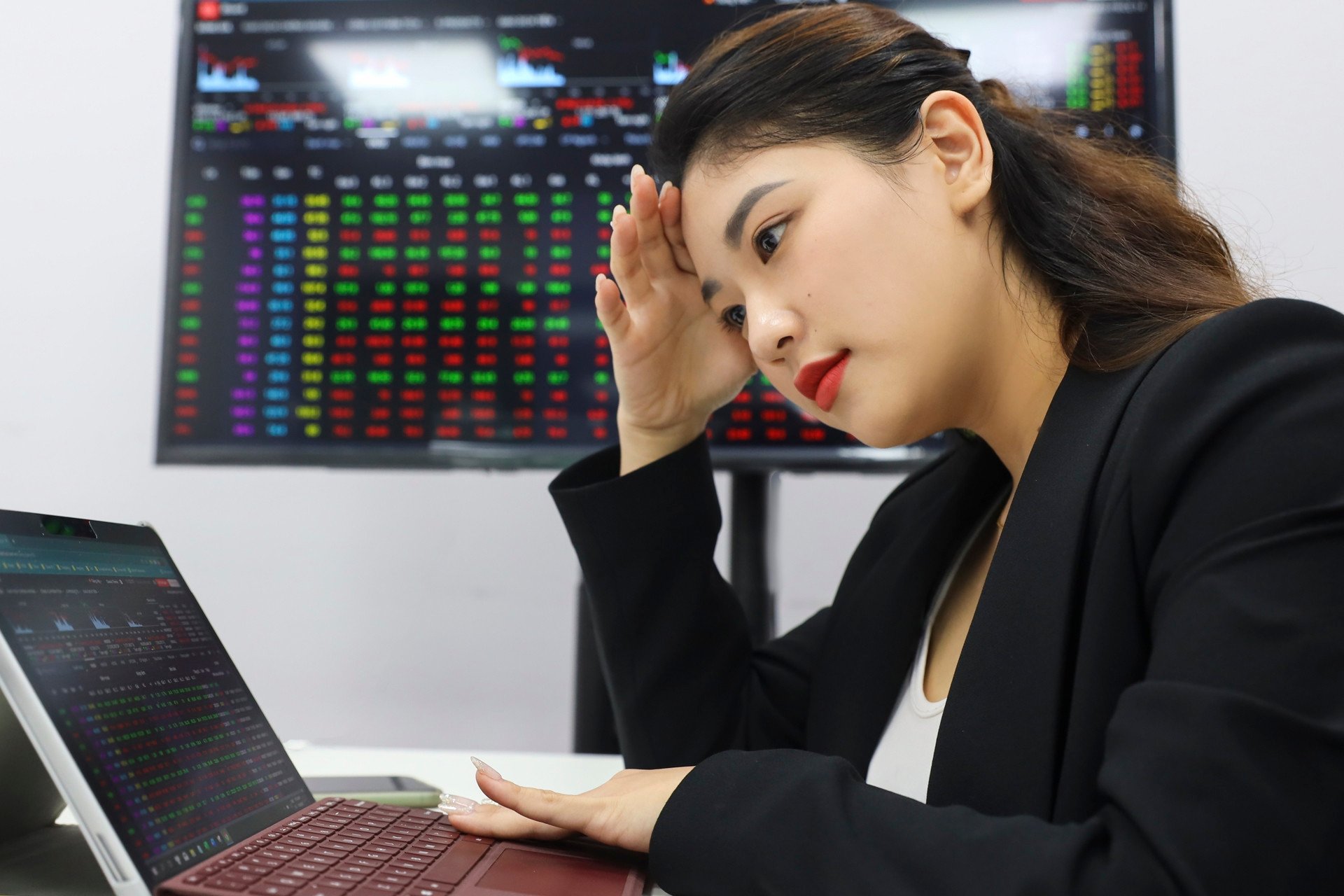
Source: https://vietnamnet.vn/7-nam-cho-nang-hang-chung-khoan-viet-sang-trang-moi-2450608.html








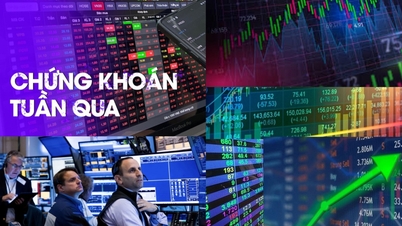

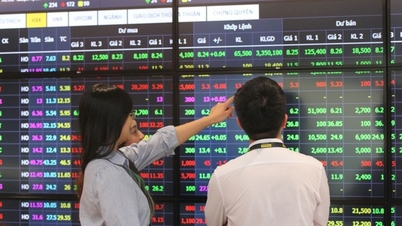
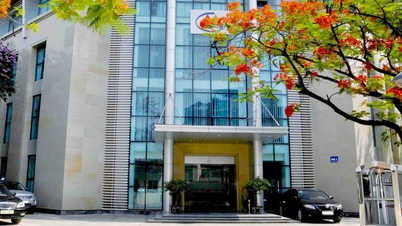

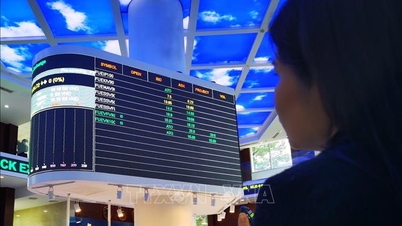

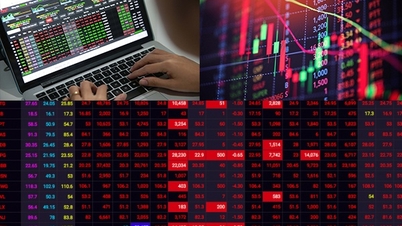
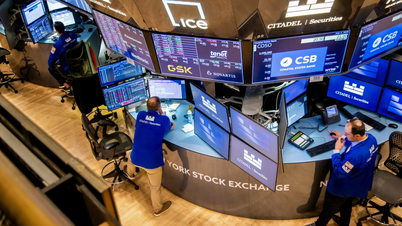
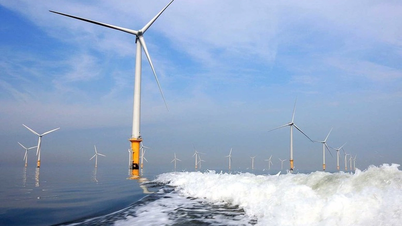

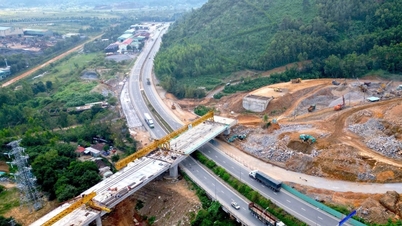

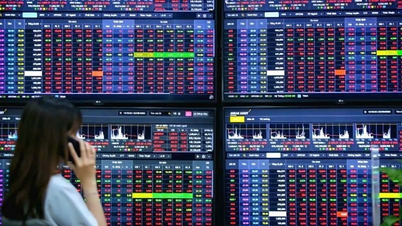

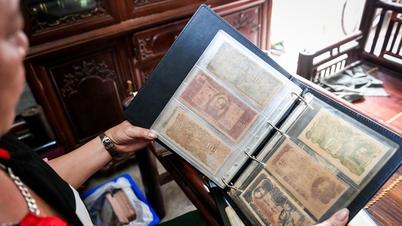











































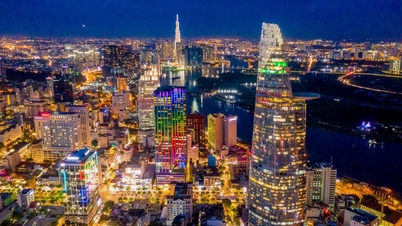


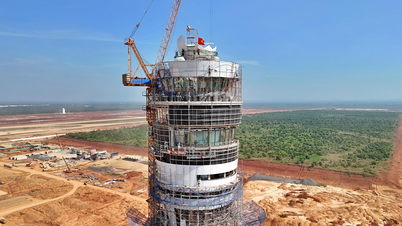

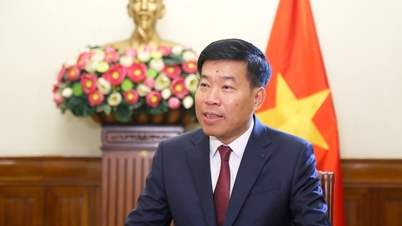










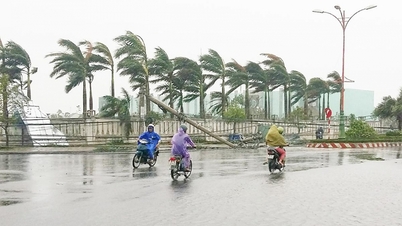
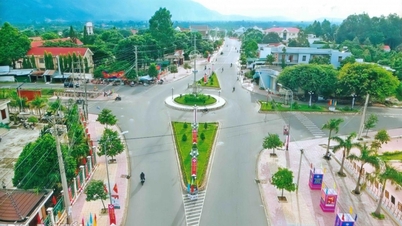
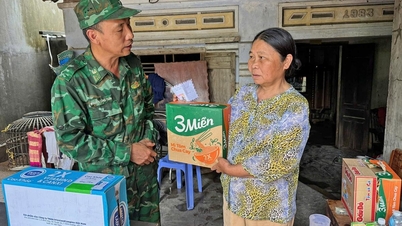
















Comment (0)